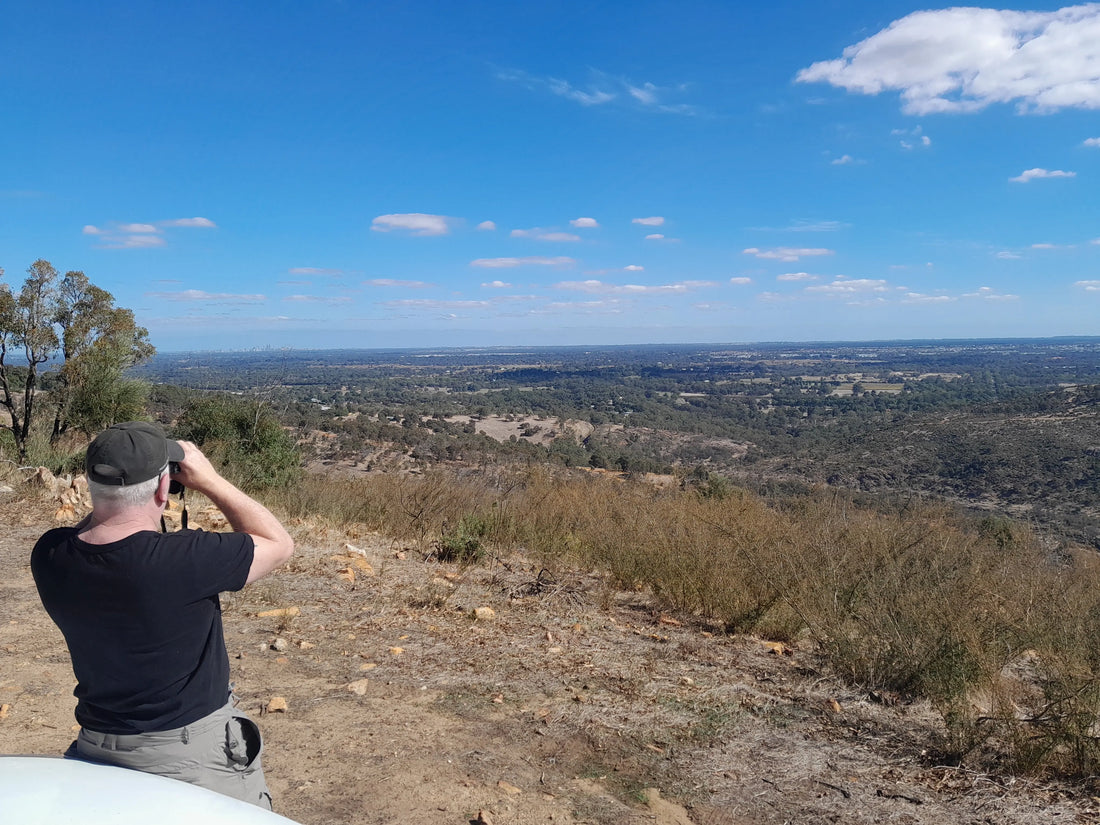
OUR STORY
Share
MSG STORY
In late December 2024, I was offered a position in support work—a field entirely unfamiliar to me. Initially, I was hesitant about certain aspects of the role, but as a single father the flexibility of hours was too valuable to overlook.
From the outset, the industry revealed unexpected advantages. Being a female-dominated sector, my training was conducted alongside a number of young professionals. Beyond that, the employment benefits were extensive—salary packaging, vehicle finance arrangements, and countless other incentives that made the role remarkably attractive.
My first assignment was assisting a 90-year-old gentleman with his weekly shopping. He was delighted to finally have a male support worker. Over coffee and casual banter—even exchanging jokes about his dementia—it became clear to me that this hardly felt like “work.” To my astonishment, I earned more in that single outing than I once did driving road trains, not to mention generous travel allowances that further increased the income.
Within weeks, I began to wonder if the role was simply too good to be true. Then came the call for my first client with a disability—a placement at the local Men’s Shed. The first time I was introduced to Aaron, he was described to me as being a little like Flash the Sloth from Zootopia—sharp and aware, but slow in movement and struggling with balance. When I met him, he stood up from the kitchen table like a true gentleman and offered me his hand for a handshake. But before I could even react, he fell backwards into the fridge.
That moment rang alarm bells for me. This wasn’t going to be the easy support work I’d had so far, and honestly, I wasn’t sure I wanted to do it. I teased him about it not being nap time yet, and we both laughed. I helped him up, but it shocked me how heavy he was—easily 100 kilos. I remember thinking: Any woman doing this job would really struggle.
Then came another rule that floored me: If he falls, don’t catch him—you might get hurt. Bollocks to that, I thought. If I don’t, he’s going to get hurt.
Over the next few weeks, I got to know Aaron. And man, was I wrong about him. I had judged him by his disability. Once I learned the truth about his condition, I felt like a proper jerk.
Aaron is like any other bloke—he loves cars, bikes, and the outdoors. He used to be a miner in Sydney, working for the same company for 15 years. Then an accident damaged his frontal lobe—the brain’s signal centre. His mind is sharp, but his body no longer does what he tells it to.
With his disability came heartbreak. No one wanted him. He had to leave Sydney, his home and loved ones, and move to WA to live with his sister. To top it off, the company he gave 15 years to was fighting his compensation claim in court for two years.
And all Aaron wanted was another guy to hang out with. Someone to do “guy things” with.
By chance, that person ended up being me. And through him, I discovered something huge: 80% of NDIS participants are male, but only 20% of support workers are men. That’s a massive gap. And I’m certain, just like I was, most men out there have no idea this industry even exists.
In just six months, I’ve been fishing, rock climbing, exploring museums, and even travelling to the Gold Coast and Sydney—all while being paid to do it. The flexibility, the pay, and most of all the impact—it’s lit a fire in my belly.
If I had an accident tomorrow, I’d still want to hang with the lads. If a big corporation fought my compensation claim for years, I’d probably give up. That’s why I decided I wanted to build something bigger—a non-profit company dedicated to getting more men into support work and raising money to create other industries that improve the lives of people living with disabilities.
Because little things matter. Do you know how many disabled toilets don’t even have automatic doors? It’s bloody annoying.
But this vision goes beyond disability. It’s about men as a whole. A community that connects small businesses with people. A support group that holds regular meets and activity days. A place where older men teach the younger ones, where men help, build, innovate, teach, and invest their time—and, where possible, their money—into improving their community.
It’s about giving young guys an opportunity to work, to start businesses, to thrive. It’s about offering legal help to men fighting against big corporations or struggling in custody battles. It’s about building a non-judgmental, supportive group for men.
I judged Aaron the moment I met him. But he changed my entire perspective. Wh

at he’s been through makes most of our struggles look small. And to think I nearly didn’t accept him as a client because of my own judgment.
Now, I want to change—not ju
st his life or mine—but men’s lives as a whole. By creating open, relaxed social groups where men can exchange ideas, share stories, learn skills, have a beer, make friends, and support one another.
And that’s why I started the
Men’s Support Group
